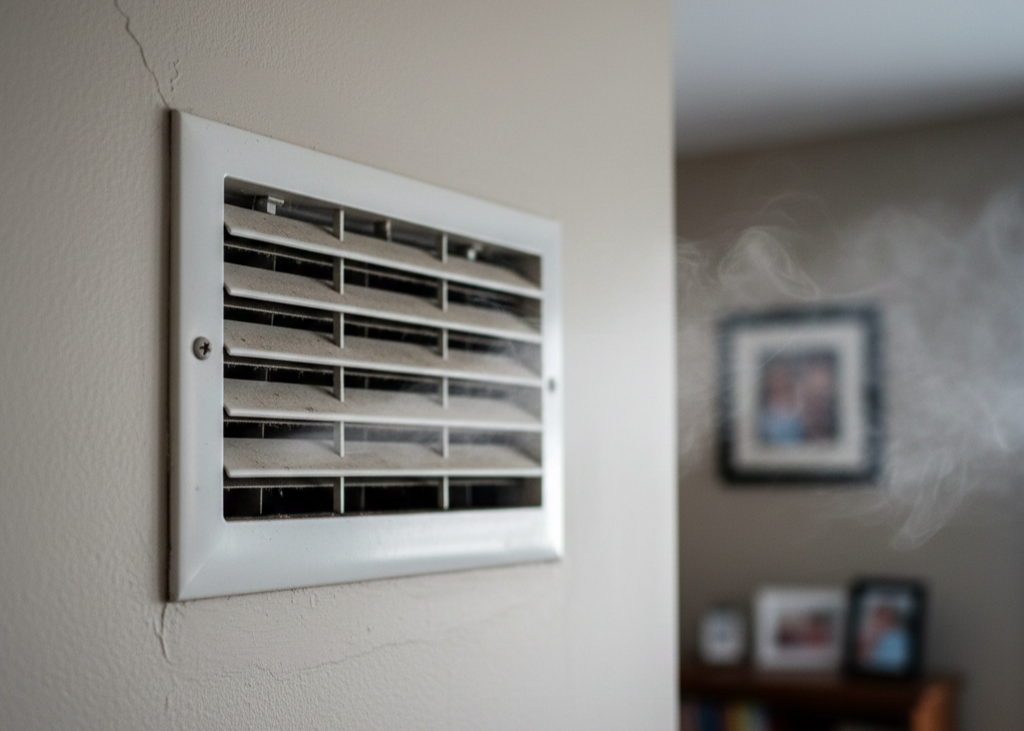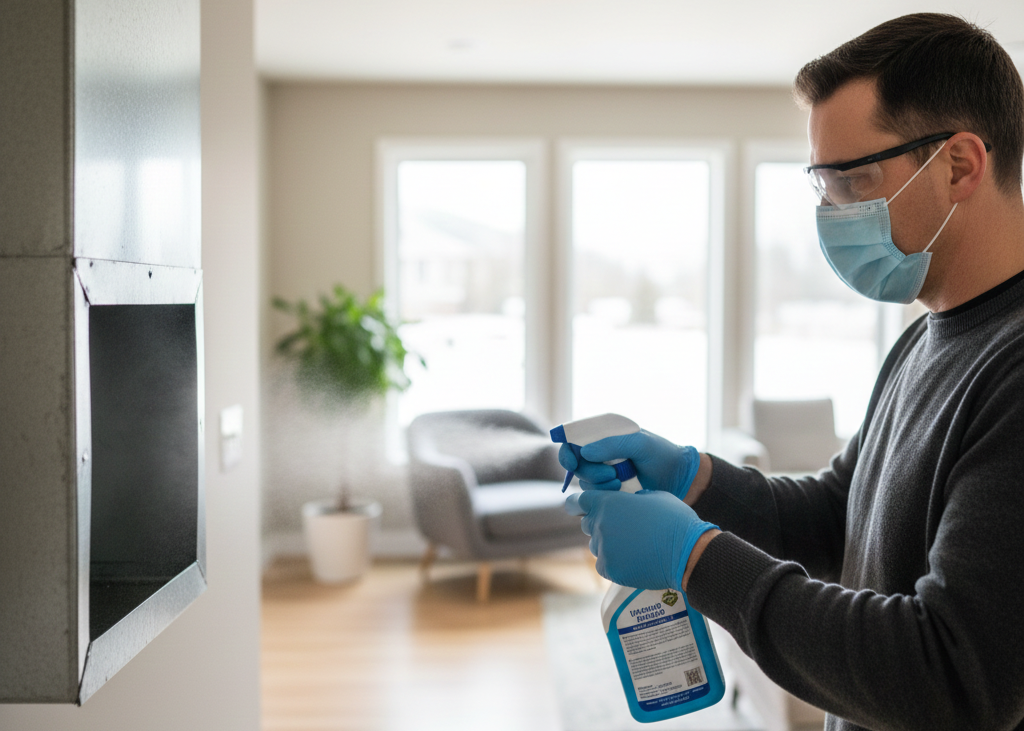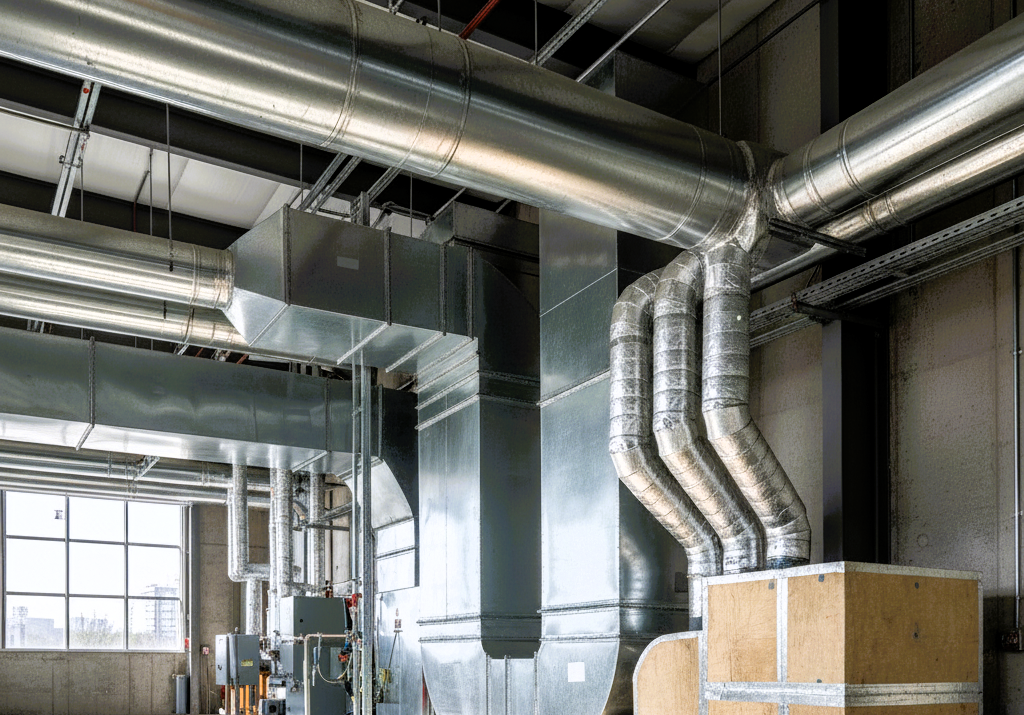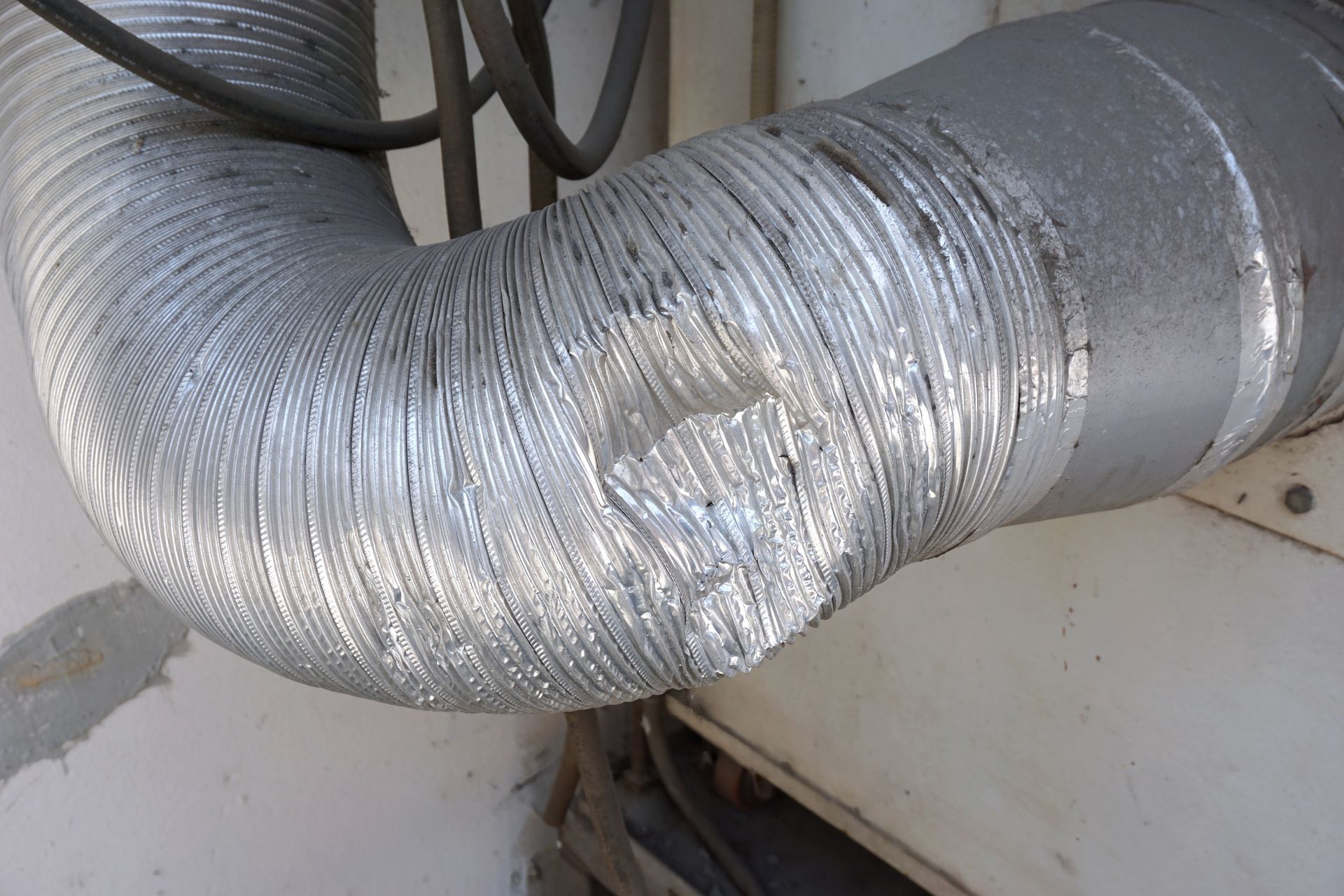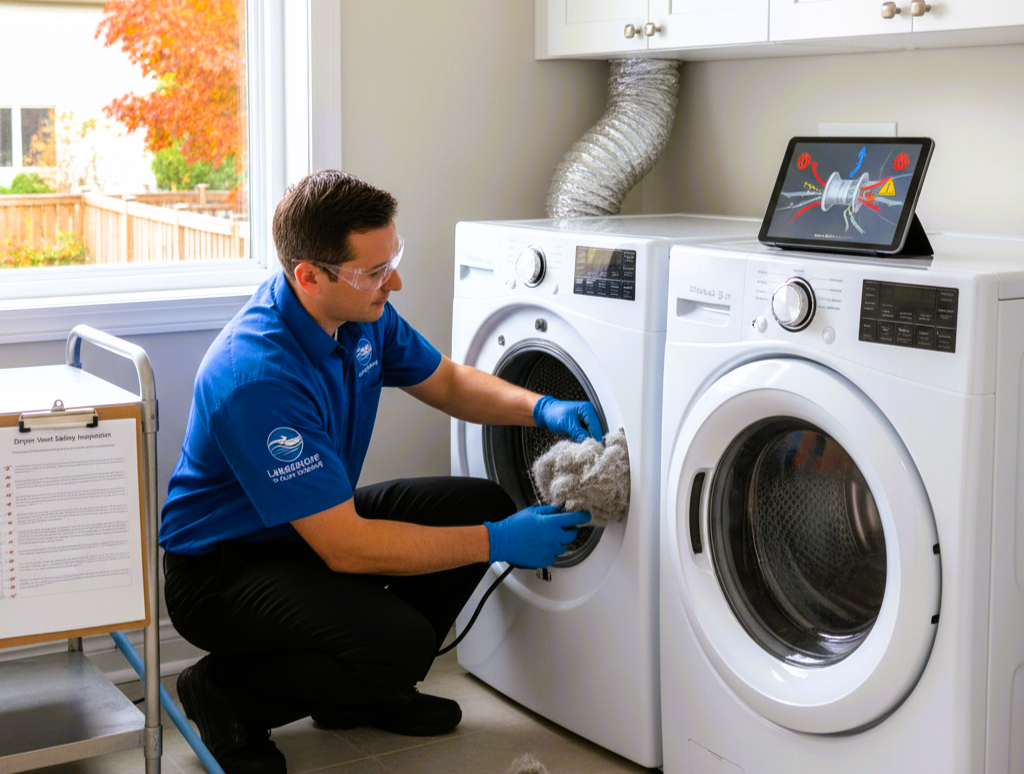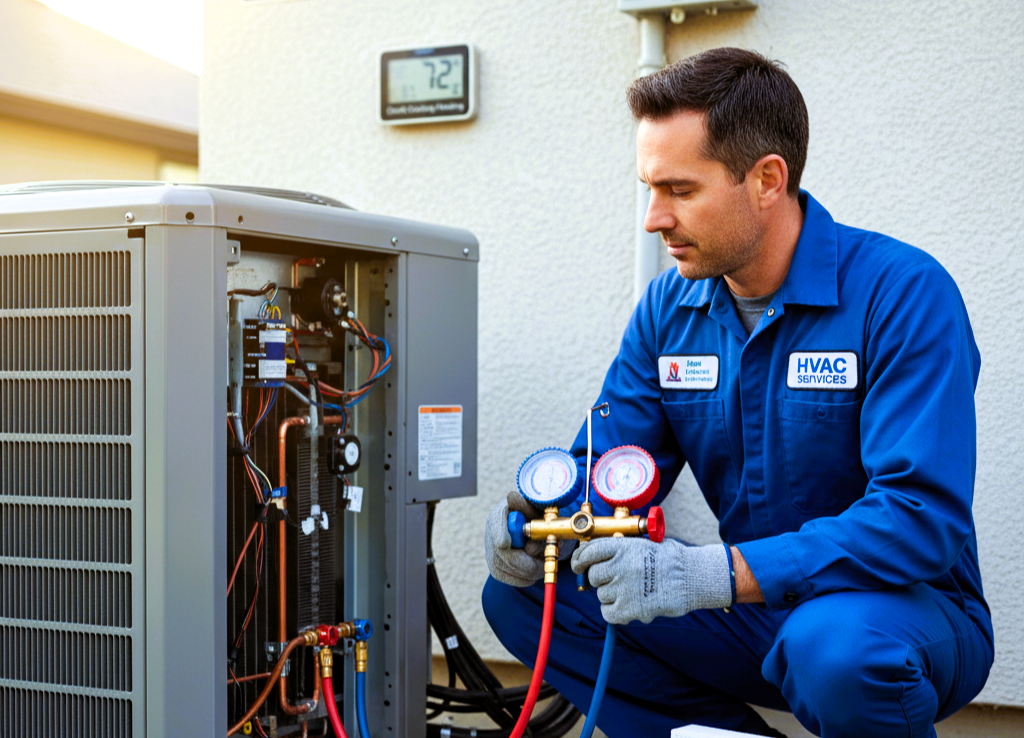The Environmental Impact of Upgrading to Reusable Air Filters
How upgrading to reusable air filters can make your home more eco-friendly
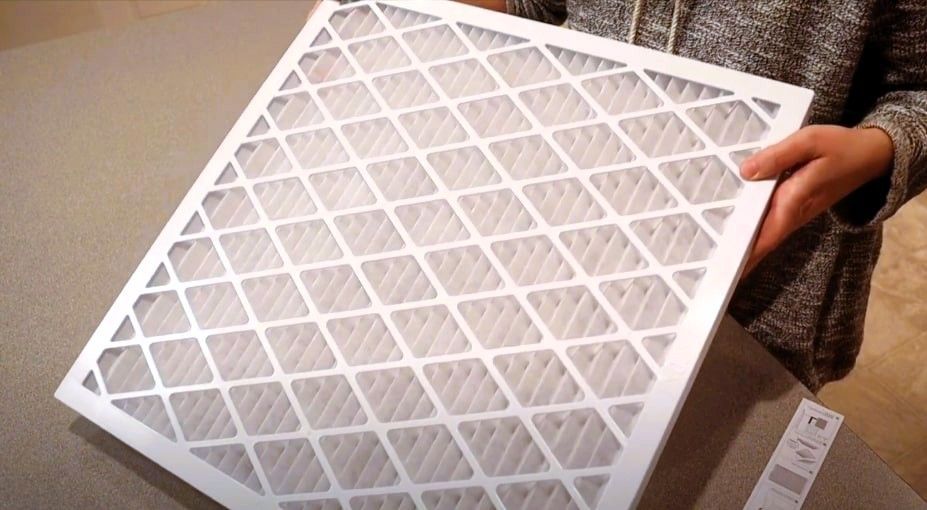
We count on HVAC systems to keep our homes cozy, but have you ever thought about the impact of the air filters you’re using? Most people stick with disposable filters—they’re cheap and convenient. Here’s the thing: you’ll need to swap them out every few months. Over time, that creates a surprising amount of waste and energy use, something many of us don’t really stop to think about.
Switching to reusable air filters provides a more sustainable alternative, reducing waste, lowering carbon emissions, and even improving HVAC efficiency. What impact will this shift truly have on the environment? Let’s dive deeper to find out.
How Reusable Air Filters Benefit the Environment
Reducing Waste in Landfills
A major environmental issue with disposable air filters is the massive amount of waste they generate. A typical household may throw away as many as 12 filters each year, needing replacements every one to three months. When you consider the millions of homes doing the same, the landfill impact becomes staggering.
The problem? Most of these filters are crafted from synthetic materials that take decades to break down. They sit in landfills for years, contributing to the mounting waste problem.
Reusable filters are designed for durability. When maintained correctly, one reusable filter can replace dozens of disposable ones. If more people adopted reusable options, it could drastically reduce landfill waste and lower the need for producing disposable filters.
Lowering Manufacturing and Transportation Emissions
Every disposable filter follows a resource-intensive journey before it arrives at your doorstep. From extracting raw materials to energy-heavy manufacturing and fossil fuel-driven transportation, each step of the process leaves a significant carbon footprint, adding to greenhouse gas emissions.
Reusable filters offer a sustainable alternative by lasting for years, significantly cutting down the need for frequent production and transportation. This long-term solution helps lower the environmental impact of air filter manufacturing and minimizes reliance on nonrenewable resources.
Improving HVAC Efficiency and Reducing Energy Use
Air filters aren’t just for catching dust—they’re essential for keeping your HVAC system running smoothly. When a filter is clogged, airflow is blocked, forcing the system to work harder than necessary. This increases energy consumption and leads to a rise in greenhouse gas emissions.
Reusable filters often provide superior airflow compared to typical disposable ones, helping your HVAC system operate more efficiently. The payoff? Reduced energy use and a smaller carbon footprint. For homeowners, this translates to a more eco-friendly home and potential savings on energy costs.
Considerations When Using Reusable Filters
Water Use for Cleaning
To keep reusable filters working effectively, regular cleaning is essential. This often includes rinsing them with water or using a mild soap to clear out accumulated dust and debris. Although some water is needed for cleaning, it’s far less than the resources consumed in producing and discarding single-use filters.
Homeowners can further reduce water usage by cleaning smartly—using a quick, gentle spray instead of soaking for long periods and choosing eco-friendly, biodegradable cleaning solutions.
Proper Maintenance for Maximum Efficiency
Reusable filters, like any home maintenance product, require proper upkeep to perform effectively. Neglecting regular cleaning or failing to dry them completely before reinstalling can lead to mold growth or reduced efficiency—potentially putting extra strain on your HVAC system instead of improving it.
To ensure optimal performance, always follow the care guidelines provided by the manufacturer. Properly maintained reusable filters not only have a longer lifespan but also keep your HVAC system running smoothly, saving energy and reducing costs over time.
Making the Switch: A Smart and Sustainable Decision
Thinking about switching to a reusable air filter? Here’s how to make it a smooth change:
- Invest in Quality – Don’t settle for just any reusable filter. Choose one built to last with excellent filtration power.
- Stick to a Cleaning Schedule – Consistent upkeep is essential for keeping your filter working at its best.
- Track Energy Savings – Pay attention to your energy bills. A well-maintained filter can help your HVAC system run more efficiently, often lowering costs.
Why Reusable Air Filters Are a Smart Choice for Sustainability
Switching to reusable air filters might seem like a small change, but it packs a big punch for both your home and the planet. They cut down on landfill waste, lower emissions from production and shipping, and even help your HVAC system run more efficiently—a win-win for you and the environment.
Sure, they require some maintenance, but the lasting advantages are absolutely worth the effort. Cleaner air, lower household costs, and a greener footprint all from one simple choice? Hard to argue with that.
Looking to make your home more eco-friendly without the hassle? Start here. When you're ready to take the leap, Lakeshore Air Duct Cleaning is here to guide you in selecting the perfect filter to keep your air clean and your environmental footprint small. Contact us today!

